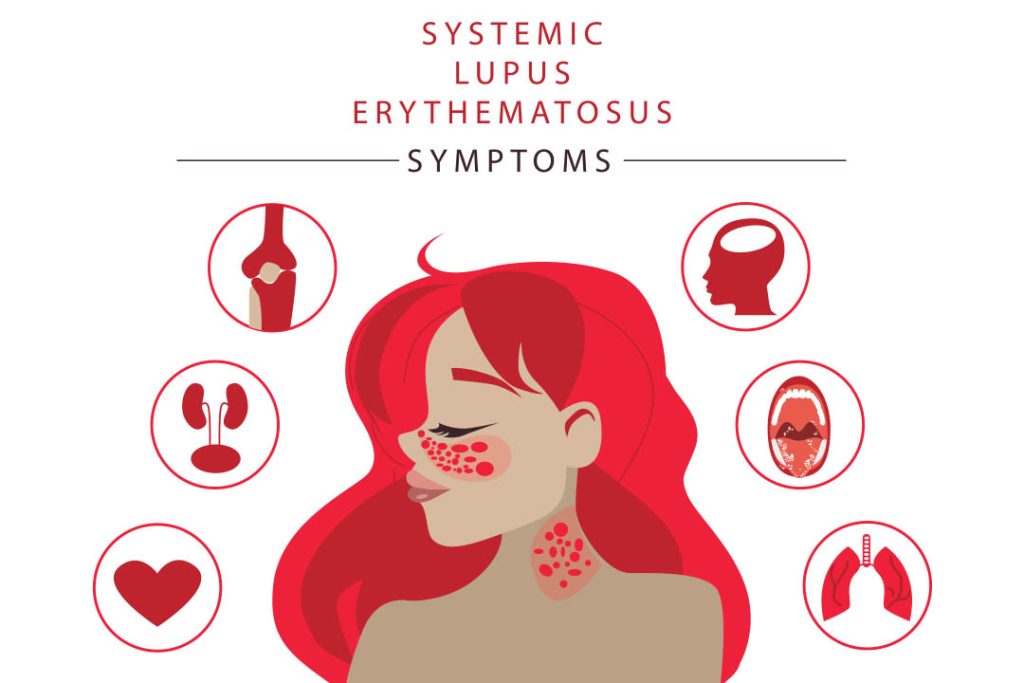
26 Oct The role of fibre in suppressing Lupus symptoms
by Ashleigh Feltham, Accredited Practising Dietitian and Accredited Nutritionist
Lupus is an autoimmune disease where your body attacks its own cells by mistakenly thinking these cells are foreign invaders. This attack on cells can occur anywhere in your body including your lungs, brain, blood vessels, kidney, skin, joints, and heart.
The effect of this trauma on your cells causes chronic or long-term inflammation. It can cause swollen glands, sensitivity to sun rays, rashes, and painful joints. The signs and symptoms of lupus effect different people in different ways.

Your diet is a prime contributor or remover of inflammation. The typical Western diet which is high in added sugar, refined carbohydrates and excess fat is linked to more inflammatory markers and consequently worse symptoms. A diet that includes anti-inflammatory foods like seafood, extra virgin olive oil, walnuts, flaxseeds, chia seeds, fruits, vegetables, and whole grains promote reduced inflammation and may help to reduce the effects of lupus on your body.
Fibre has a positive role in suppressing inflammation by reducing the type of pathogenic microbes which promote inflammation. When a diet included adequate fibre a harmful strain of bacteria called Lactobacillus reuteri was suppressed. When you have the right food or prebiotic fibre to feed the microbes in your gut, they stay alive and healthy and there is no room for the pathogenic varieties to take their place and cause ill health outcomes in your body.
Having enough fibre to support a healthy gut microbiome is also important as it lowers the inflammation created after eating. A healthy gut microbiome reduces the level of sugar and fat in your blood after a meal. This assists in management of lupus symptoms. In addition to this a healthy gut microbiome supports healthy blood pressure and reduces the number of inflammatory markers in your body like C reactive protein which promotes inflammation.
Fibre intake of between 25-38g each day for adults is recommended. This can be found through a varied diet made up of anti-inflammatory foods mentioned above. To help fill in any gaps in fibre try the South Australian Gourmet Food Company Fruit Custard with Added Fibre. Each delicious pouch of custard is low in added sugar and sodium has 10.9g of dietary fibre.
Take home message:
There are several factors which are linked to lupus including your genetics and the environment. It is important to seek the support of your GP and an Accredited Practising Dietitian for personalised dietary advice. Your diet is one factor which is under your control and may help to supress the symptoms associated with lupus and may help you to gain a better quality of life.
References:
- Zegarra-Ruiz DF, El Beidaq A, Iñiguez AJ, Lubrano Di Ricco M, Manfredo Vieira S, Ruff WE, et al. A Diet-Sensitive Commensal Lactobacillus Strain Mediates TLR7-Dependent Systemic Autoimmunity. Cell Host & Microbe. 2019;25(1):113-27.e6.
